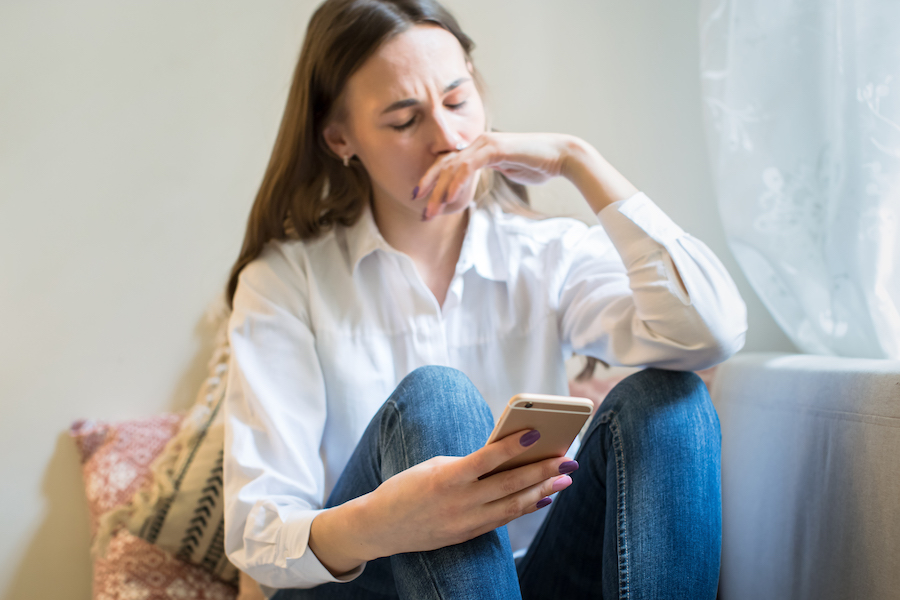Anti-Anxiety Medication Evaluations

Anxiety is an emotion that helps guide us when we encounter a situation that we deem fearful. It helps us take the necessary steps to create a life that is safe and is necessary for our survival. Deficits in coping strategies and learned perspective distortions can create a hypervigilance with navigating day to day life events. These situations create panic, OCD, and social anxiety symptoms if not addressed appropriately. Unfortunately, our instinct to avoid, distract, or block out these emotions just compound the symptoms and makes them worse.
As a family psychiatric nurse practitioner with over 20 years in the field, I’ve assisted many individuals to evaluate the efficacy of their medication for anxiety-based conditions such as:
- Generalized Anxiety Disorder (GAD)
- Social Anxiety Disorder
- Panic Disorder
- Obsessive Compulsive Disorder (OCD)
- Post-Traumatic Stress Disorder (PTSD)
- Phobias
Many find that by addressing the underlying beliefs that fuel their anxieties, their medications can be tapered and even discontinued. By utilizing holistic methods to soothe fears and emotionally comfort the self, they can replace medication usage with empowerment and self reliance to manage their symptoms.
As a board-certified psychiatric nurse practitioner, I’ve consulted with many individuals that take anti-anxiety medications who seek to feel empowered and less reliant on medication to manage their symptoms.
There are many reasons that people resort to using anti-anxiety medication to manage their symptoms. However, medication may only mask symptoms temporarily. In addition, there may be several underlying medical issues that can be causing or worsening their anxiety as well:
- Hormonal Imbalances
- Nutritional Deficiencies
- Celiac Disease
- Lyme Disease
- Gut Flora Imbalances
Many of the patients that I’ve worked with have been able to reduce (and for some, fully discontinue) their anti-anxiety medications after addressing the underlying imbalances.

Traci Marando, APRN-BC
